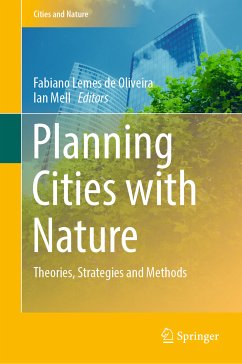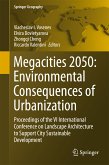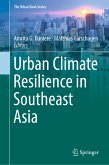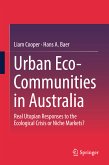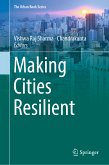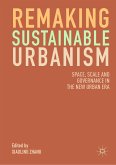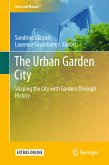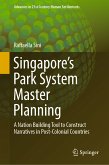There is considerable interest in 'naturalising' cities, since it can help address multiple global societal challenges and generate various benefits, such as the enhancement of health and well-being, sustainable urbanisation, ecosystems and their services, and resilience to climate change. This can also translate into tangible economic benefits in terms of preventing health hazards, positively affecting health-related expenditure, new job opportunities (i.e. urban farming) and the regeneration of urban areas.
There is, thus, a compelling case to investigate integrative approaches to urban and natural systems that can help cities address the social, economic and environmental needs of a growing population. How can we plan with nature? What are the models and approaches that can be used to develop more sustainable cities that provide high-quality urban green spaces?
Dieser Download kann aus rechtlichen Gründen nur mit Rechnungsadresse in A, B, BG, CY, CZ, D, DK, EW, E, FIN, F, GR, HR, H, IRL, I, LT, L, LR, M, NL, PL, P, R, S, SLO, SK ausgeliefert werden.

